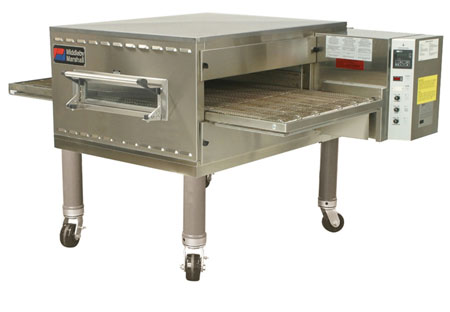Most people want to work for themselves at some point in their lives. If you have a successful business it can give you all sorts of freedoms. However, you have to lay down a good foundation to be successful.
If you do not have your own startup money you will need investors. There is no way to pin point exactly how much money you will need to start up. The startup costs will depend on several variables such as: location, franchise fees, equipment, labor, food costs, licenses, insurance, marketing and extra money for miscellaneous expenses that may come up. You will need to research how much you will need and put together a business plan. Even if you do not need to obtain money from lenders having a business plan will help you stay on track and meet various goals that you hope to achieve during your five years of business.
In order to open up any type of business you will need to obtain permits, and licenses. In many cases you will need to have an inspection prior to opening. The two basic licenses that you will need to obtain would be a business license and a food-handler's permit. If you plan on selling alcoholic beverages then you will need to obtain a beverage license also. Contact your local county clerk’s office to obtain the proper paperwork. Almost all counties require that the fees associated with the licenses be paid up front so be prepared to write a few checks. The costs will vary depending on your location but normally starts around $100.00.
Location, location, location is possibly the most important aspect of starting a pizza place. You will want to find a location that is reasonable in rent. A starting restaurant owner should be looking to spend about $10.00/sq. ft. Finding a location that has good drive and walk by traffic is important. Also, having a good mixture between commercial and residential will help your business as well. Depending on the type of pizzeria you want to open will also determine your location.
Purchasing supplies and equipment is a necessary evil that you have to go through. Buying an oven is a tough thing for restaurateur; what type of pizza you are going to serve your customers will reflect the oven you need. If you are looking to save a bit of money than buying refurbished is a great way to go. You might also need refrigeration, proofers (optional), prep tables, shelving, and sanitation stations. Keeping track of sales and food costs is made simpler when you have a point of sale system. Shop around and see what the best option is for you. You will also need various smallwares depending on what type of pizza you are serving. If you are adding other food to your menu you may also need different specialty equipment like a fryer for wings.
Menu planning will dictate a lot about your restaurant. Figuring out your menu is possibly the funnest part of starting your own pizzeria. If you do not have that creative flair but you want to own a pizza joint then do not fret; franchising or even buying a menu is also an option. You will want to narrow recipes down to exact measurements to allow you to narrow down your food costs. Most restaurants run about a 34.5% food cost. Keeping food costs low will play an important aspect in your restaurant's success.
Once you have your menu down you need to find food service providers. Shop around and have a few options to go through. This will save you money as food costs fluctuate so always having at least two sources can save you money. Buying some food locally will also allow you to have an influence in the community so think about that when picking providers.
Prior to opening you will need to have your inspections done by your local health department. They will come in and check out your entire restaurant; once you get the go-ahead from them you can open. However, you will want to have a policy and procedure handbooks in place for employees, as well as taking some time before you open the doors to train employees. Having a soft launch is a great way to see how people react to your décor, menu, and staff before you actually go into business. This will allow you to tweak as needed.
Being your own boss can be the best thing you have ever done for yourself if you do it correctly. Keeping to your business plan and setting goals for your company will help keep yourself on track.



